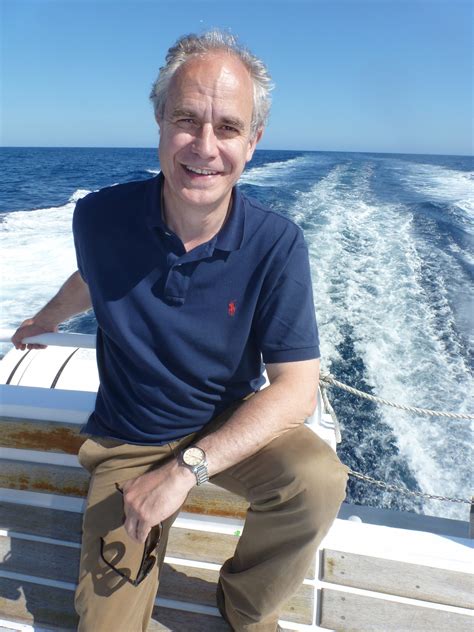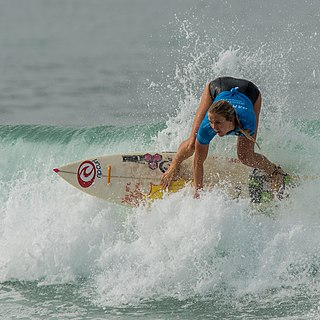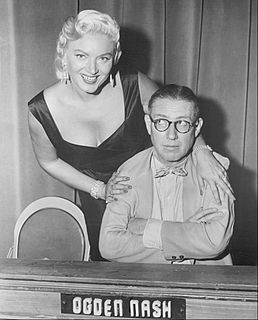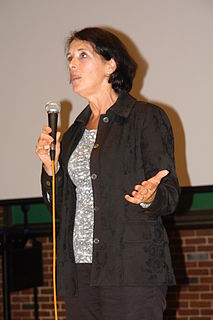A Quote by Peter Singer
We need to learn how to capture and kill wild fish humanely - or, if that is not possible, to find less cruel and more sustainable alternatives to eating them.
Related Quotes
Increasingly, we will be faced with a choice: whether to keep the oceans for wild fish or farmed fish. Farming domesticated species in close proximity with wild fish will mean that domesticated fish always win. Nobody in the world of policy appears to be asking what is best for society, wild fish or farmed fish. And what sort of farmed fish, anyway? Were this question to be asked, and answered honestly, we might find that our interests lay in prioritizing wild fish and making their ecosystems more productive by leaving them alone enough of the time.
Sometimes animals may suffer more because of their more limited understanding. If, for instance, we are taking prisoners in wartime we can explain to them that although they must submit to capture, search, and confinement, they will not otherwise be harmed and will be set free at the conclusion of hostilities. If we capture wild animals, however, we cannot explain that we are not threatening their lives. A wild animal cannot distinguish an attempt to overpower and confine from an attempt to kill; the one causes as much terror as the other.
It was wrong to capture wild animals and confine them in captivity for people to go and gawk at them. And that's basically how zoos got started. But once you do that, and once you have animals that have been bred in captivity, you're really stuck with them in some sense. You can't return them to the wild.
Wild fish are under threat of extinction because they're hunted to feed us. Yet land animals that we farm are under no threat of extinction. Shifting from hunting fish to farming fish - where the farmers have the incentive to keep their stocks healthy - could do a tremendous amount of good for wild fish.
'Sustainable Development' is an oxymoron. 'Development' in all it's senses entails expansion and wanting more. Continual expansion and wanting more are unsustainable. Globally we are approaching the point when the only sustainable way forward is to want less. Indeed, the choice element may be removed from us and we will just have to have less. In the meantime we still have some choices about how to influence our future
Abracadabra, thus we learn
The more you create, the less you earn.
The less you earn, the more you're given,
The less you lead, the more you're driven,
The more destroyed, the more they feed,
The more you pay, the more they need,
The more you earn, the less you keep,
And now I lay me down to sleep.
I pray the Lord my soul to take
If the tax-collector hasn't got it before I wake.
The idea that a book can advise a woman how to capture a man is touchingly naive. Books advising men how to capture a woman are far less common, perhaps because few men are willing to admit to such a difficulty. For both sexes, I recommend a good novel, offering scenarios you might learn from, if only because they reflect a lot of doubt.







































